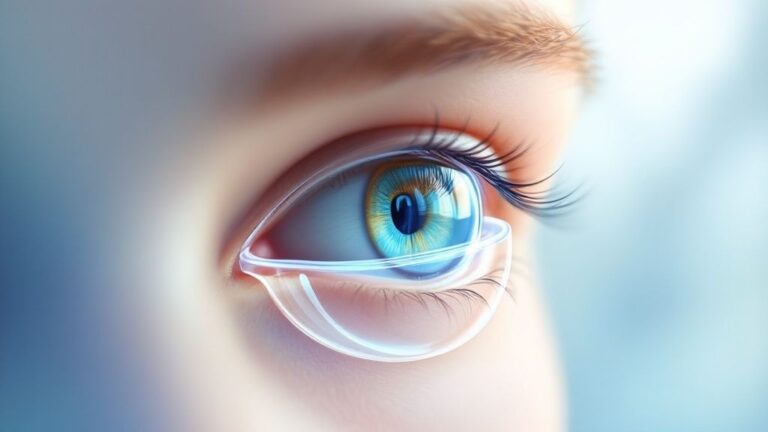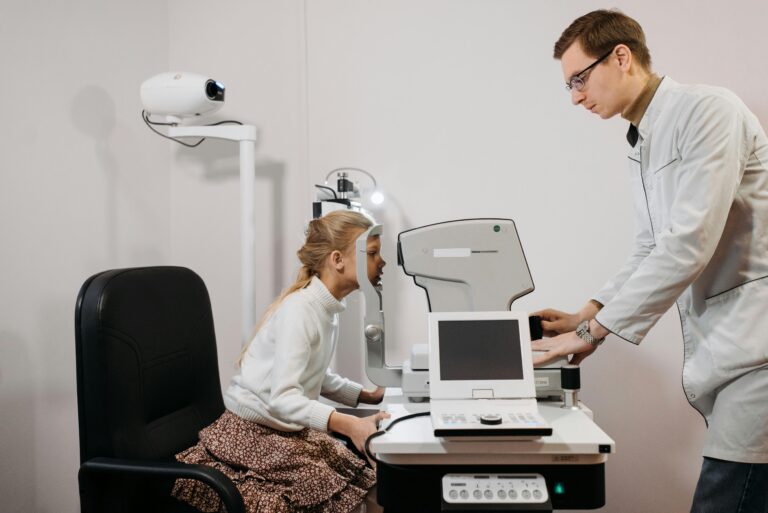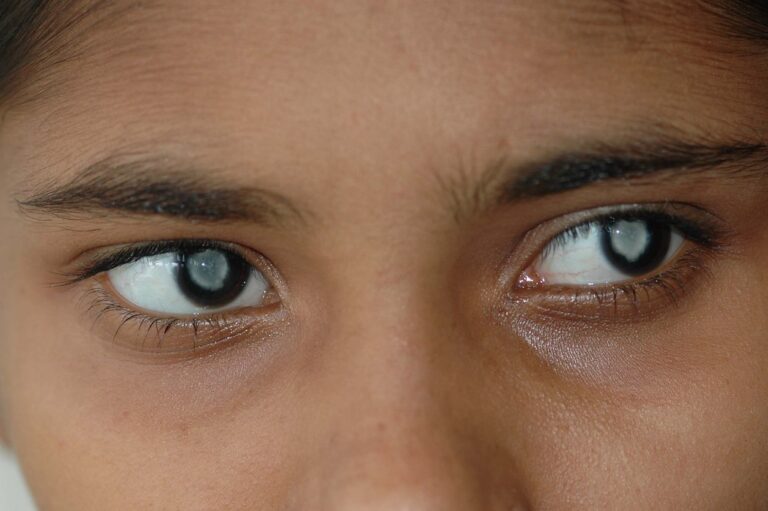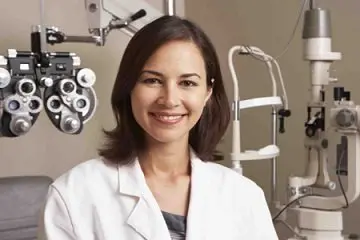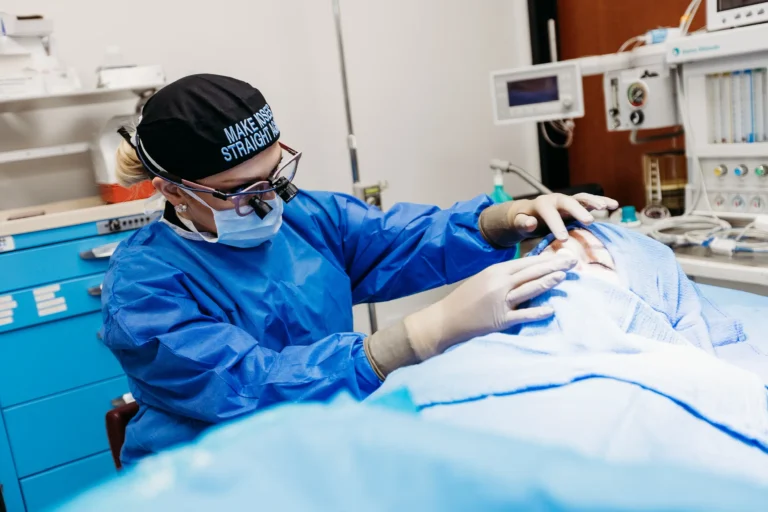How to Maintain Optimal Eye Health After Laser Cataract Surgery

Laser cataract surgery is an advanced procedure that can significantly improve vision. Post-surgery, proper care plays a key role in supporting recovery and sustaining eye health. Here is more information on the steps to maintain eye health after the procedure, focusing on practical guidance for anyone looking to prioritize their vision:
Follow Post-Surgery Instructions
After laser cataract surgery, surgeons typically provide specific instructions on how to care for your eyes. These recommendations often include using prescribed eye drops to reduce inflammation and prevent infections. Using these drops as directed helps promote healing.
It’s also necessary to protect your eyes during the recovery period and treat them with extra care. Avoid rubbing your eyes, as this can increase the risk of irritation or infection. Wearing protective eyewear, such as a shield or sunglasses, reduces exposure to dirt, dust, or debris while also shielding your eyes from bright light.
Strenuous activities can also place unnecessary strain on your eyes. Activities such as heavy lifting and vigorous exercise should generally be avoided for at least one to two weeks following surgery. These measures create an environment that promotes optimal healing and reduces the chance of infection.
Maintain Good Hygiene Practices
Eye hygiene practices are necessary in the recovery process. Always wash your hands thoroughly with soap and water before applying eye drops or touching the area around your eyes. Clean hands prevent bacteria or other contaminants from coming into contact with sensitive post-surgery tissue.
Bedding accessories such as pillowcases should also be clean to minimize the chances of exposing your eyes to allergens or microbes during sleep. Launder these items regularly and avoid sleeping facedown to protect your healing eye.
Avoid using makeup products around your eyes until your surgeon confirms that it’s safe to do so. Makeup can carry bacteria, which might affect recovery. Skipping eye cosmetics temporarily supports a cleaner and safer healing period.
Care for the Eyes Properly
While the initial recovery period lasts a few weeks, taking care of your eyes remains a long-term commitment after laser cataract surgery. Scheduling regular follow-up appointments with your eye doctor is necessary for monitoring your progress. It also helps with identifying any potential new issues early.
A balanced diet also plays an impactful role in eye health. Foods rich in nutrients like omega-3 fatty acids, vitamin A, and lutein can support overall vision. Leafy greens, fish such as salmon, and brightly colored fruits offer these key nutrients. Staying hydrated further supports your body’s natural healing processes and overall well-being.
Limiting screen time or taking frequent breaks when using digital devices helps reduce strain on your eyes. The 20-20-20 rule can be beneficial in this respect. This involves looking away from screens every 20 minutes and focusing on something 20 feet away for at least 20 seconds. Regular breaks help prevent your eyes from becoming overly fatigued.
Get Laser Cataract Surgery
Laser cataract surgery can improve vision, but maintaining optimal eye health afterward requires diligent effort. Following care instructions, practicing good hygiene, and adopting long-term habits all contribute to a healthy recovery and sustained eye wellness. Individuals should consult their eye doctor with any questions or concerns during recovery, as personalized guidance is invaluable.
Taking these steps can help you enjoy clearer vision while protecting your overall eye health for years to come.
- What to Expect When Visiting a Foot and Ankle Specialist
- Causes of PTSD
- The Link Between Plantar Fasciitis and Weight Gain: What You Need to Know
- How Pet Ownership Can Positively Impact Life with Fibromyalgia
- The Importance of Stretching and Flexibility in Sports Medicine
Dr. Emma Green is a health and wellness expert with over 10 years of experience in nutrition and fitness. Passionate about helping others live their healthiest lives, Dr. Green shares practical advice on wellness, nutrition, and sustainable living through LivingSpristine.

